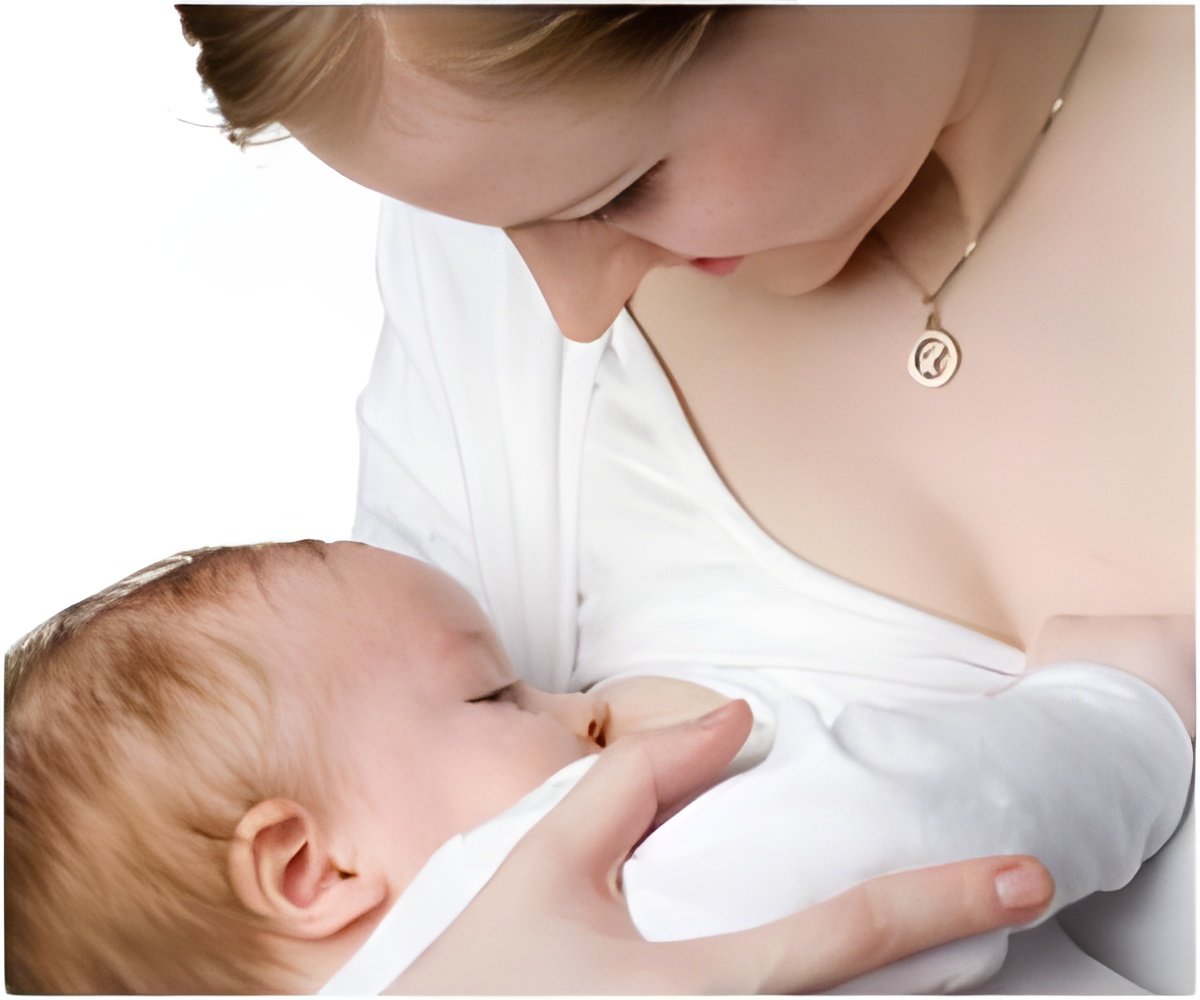
Infants showed a 22% less likelihood of developing asthma if they were exclusively fed breast milk during their hospital stay at birth. This data is based on research presented at the 2024 National Conference & Exhibition of the American Academy of Pediatrics in Orlando (1✔ ✔Trusted Source
Breastfeeding and risk of childhood asthma: a systematic review and meta-analysis
).
The abstract, “Association Between Hospital Feeding Patterns and Childhood Asthma,” reported lower rates of asthma were observed in infants born at the Cincinnati Children’s Hospital Medical Center who were exclusively breastfed, even after controlling for factors such as maternal race, insurance status, infant sex, and duration of hospital stay. The researchers will share their findings in the conference being held from September 27 to October 1, at the Orange County Convention Center.
Breastfeeding During Hospitalization at Birth Lays the Foundation for Long-Term Health
“Although the birth hospitalization lasts only a few days, it sets a critical foundation for establishing breastfeeding, which can influence health outcomes like childhood asthma,” said Laura Placke Ward M.D., IBCLC, FAAP, a study author and co-director for the Center for Breastfeeding Medicine at Cincinnati Children’s Hospital Medical Center.
“Our study underscores the importance of hospital practices in supporting exclusive breastfeeding, as these early experiences may impact long-term health,” she said.
The authors note that, although extended periods of exclusive breastfeeding are known to lower the risk of asthma, the impact of breastfeeding during the hospital stay following birth remains less clearly understood.
Among the 9,649 children participating in the study, 81% were given some breast milk, while 31% were exclusively breastfed during their hospital stay following birth. The incidence of asthma was noted in 5% of the cases. After controlling for variables such as sex, race, and insurance status, it was found that infants who were exclusively breastfed exhibited a lower incidence of asthma diagnoses compared to those who either did not receive breast milk or were not exclusively breastfed. Furthermore, infants whose initial feeding was breast milk also demonstrated a reduced rate of asthma compared to those whose first feeding did not involve breast milk.
“This finding highlights the need for greater emphasis on supporting and promoting exclusive breastfeeding during the early days of life,” Dr. Ward said. “By focusing on these crucial first days, we may impact children’s health and potentially reduce the risk of chronic conditions like asthma.”
Advertisement
This study highlights the importance of hospital practices in supporting exclusive breastfeeding. These early experiences can have a significant impact on long-term health outcomes, including reducing the risk of chronic conditions like asthma.
Reference:
- Breastfeeding and risk of childhood asthma: a systematic review and meta-analysis – (https://www.ncbi.nlm.nih.gov/pmc/articles/PMC8666625/)
Source-Medindia



